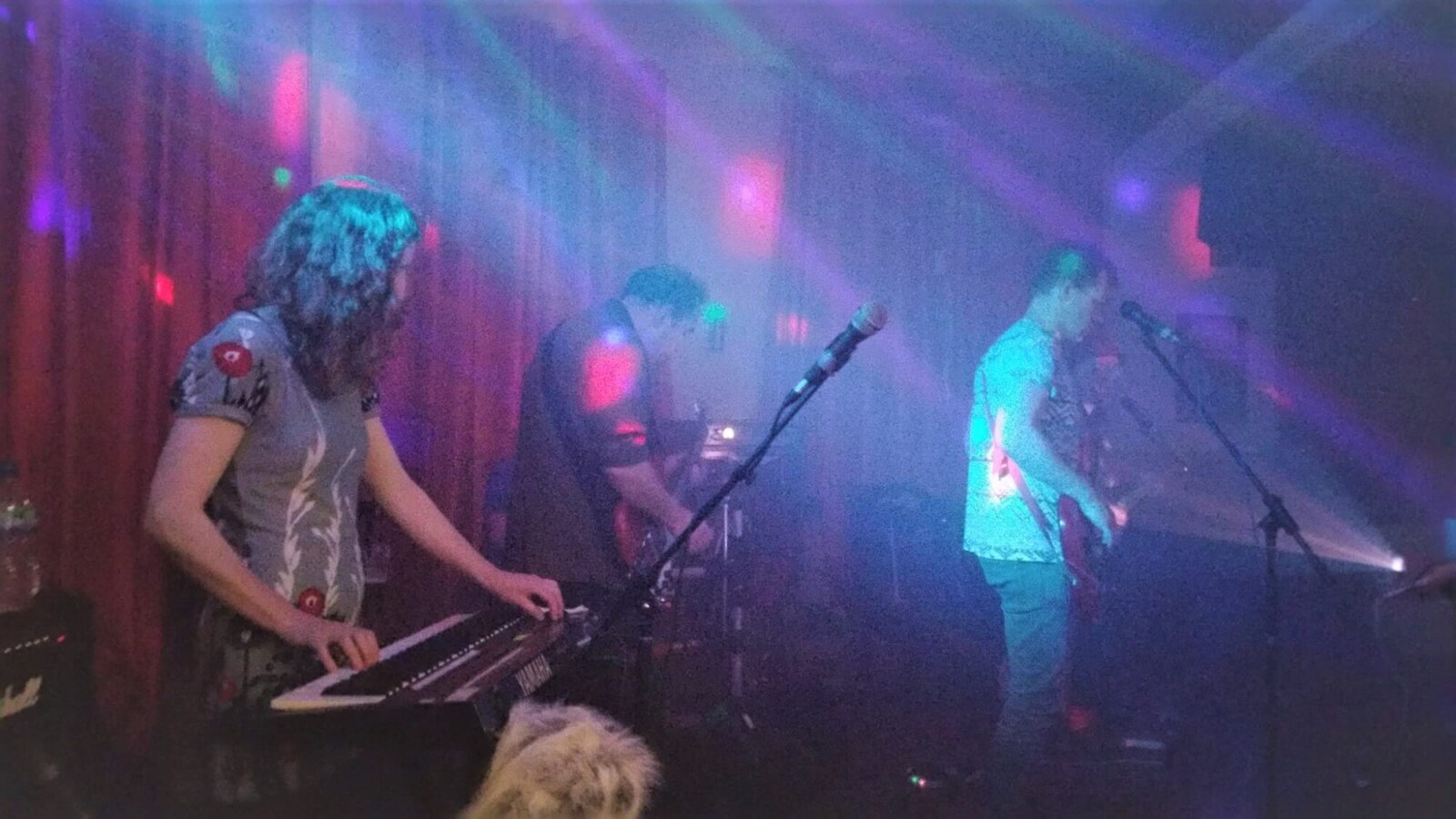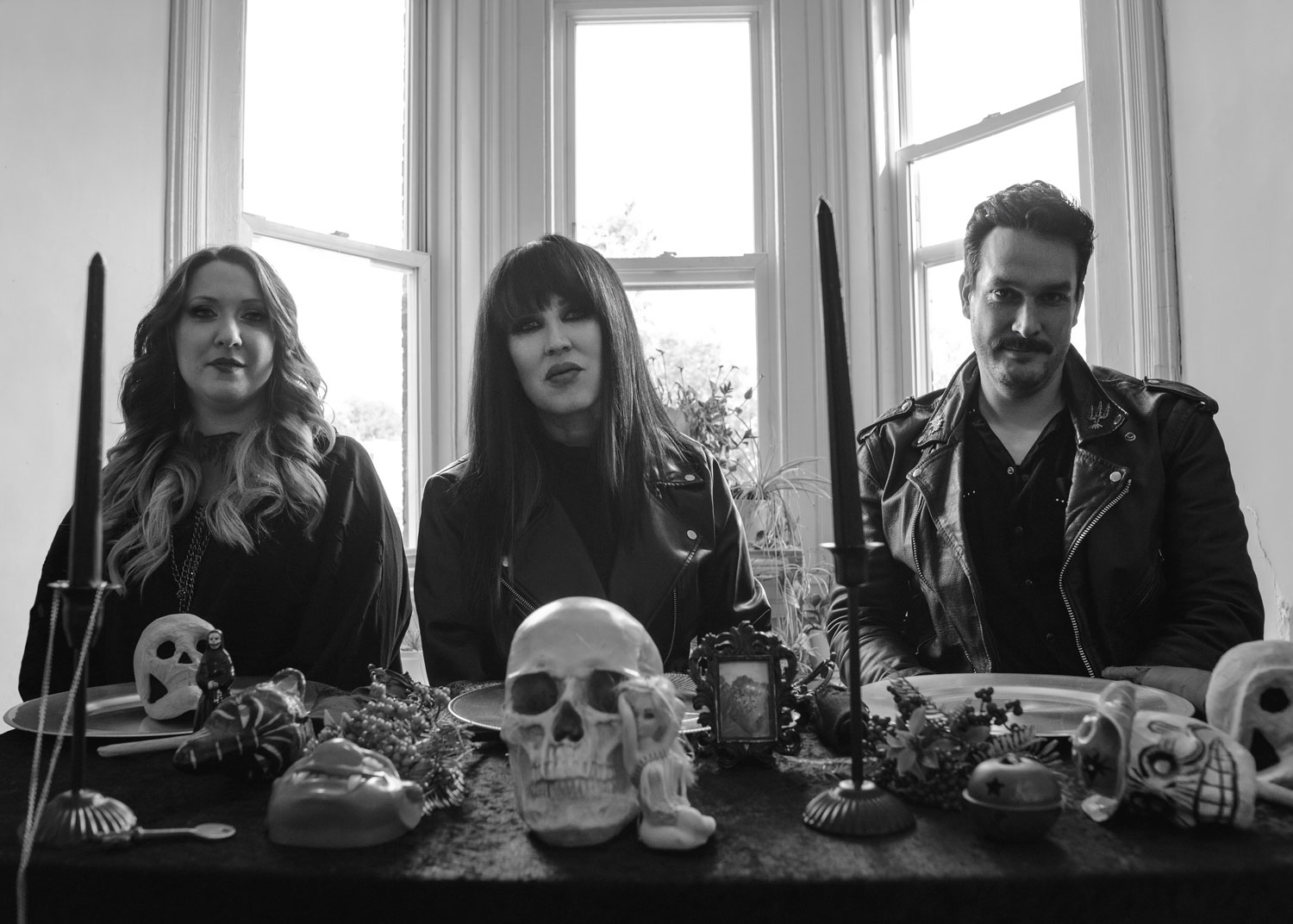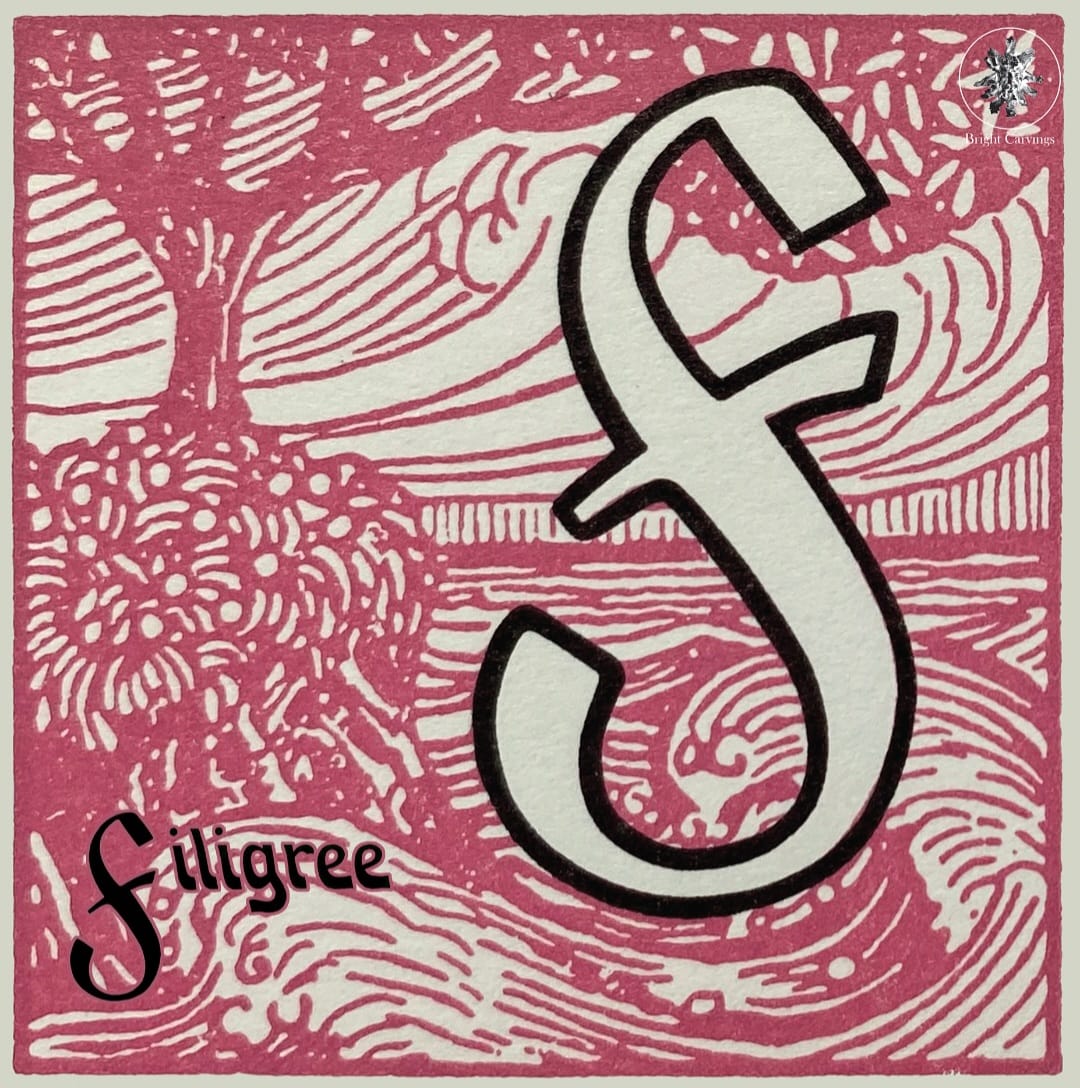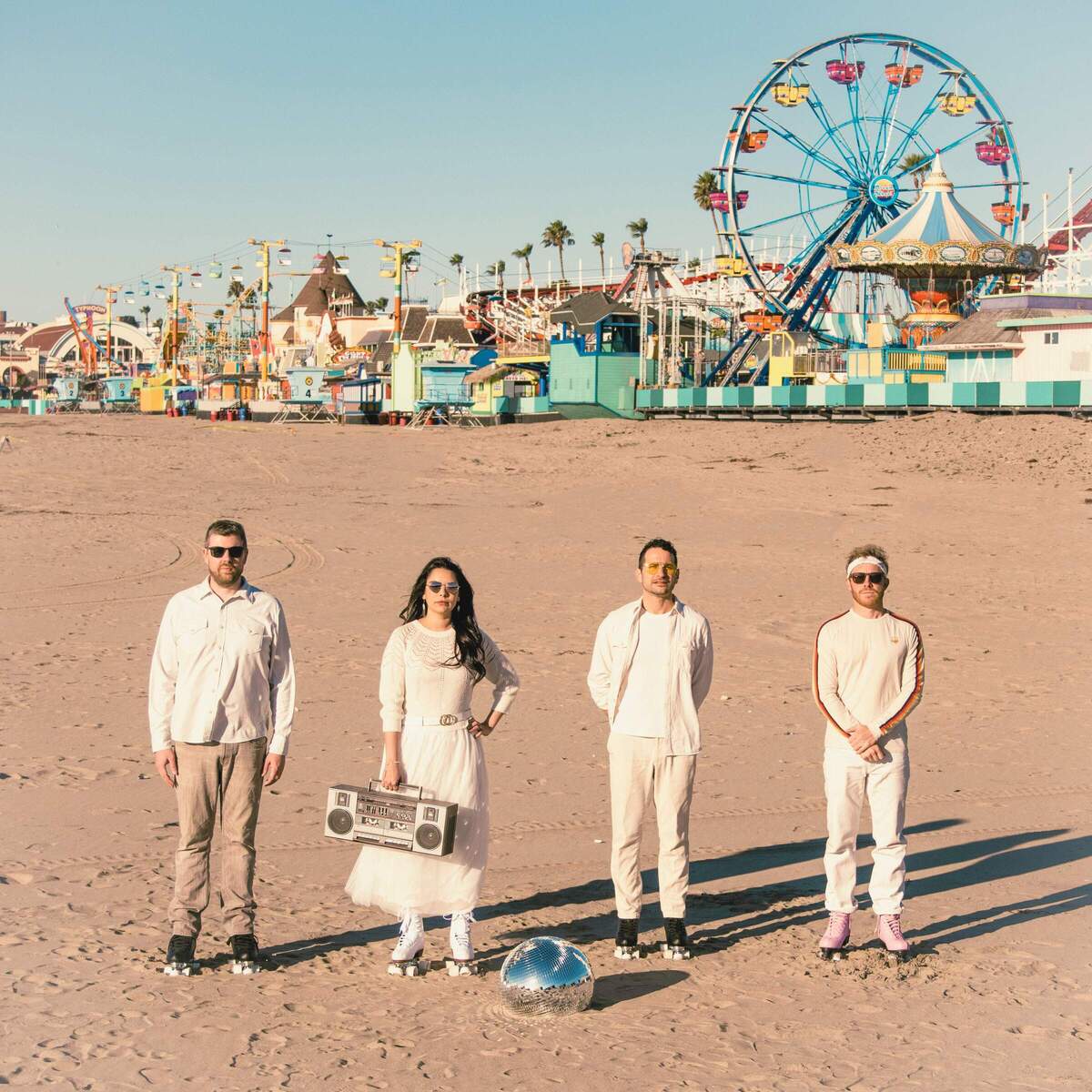Big Dwarf | Interview | “Like emerging from a dream and trying to remember it before it disappears”
Big Dwarf are back after a five year absence. Their latest album, ‘On Where Everything is Beautiful’ is their most complex album so far.
We hooked up with Daz Burke and got the chance to ask a few questions.
“Perception, information and the distortion thereof…our life rafts”
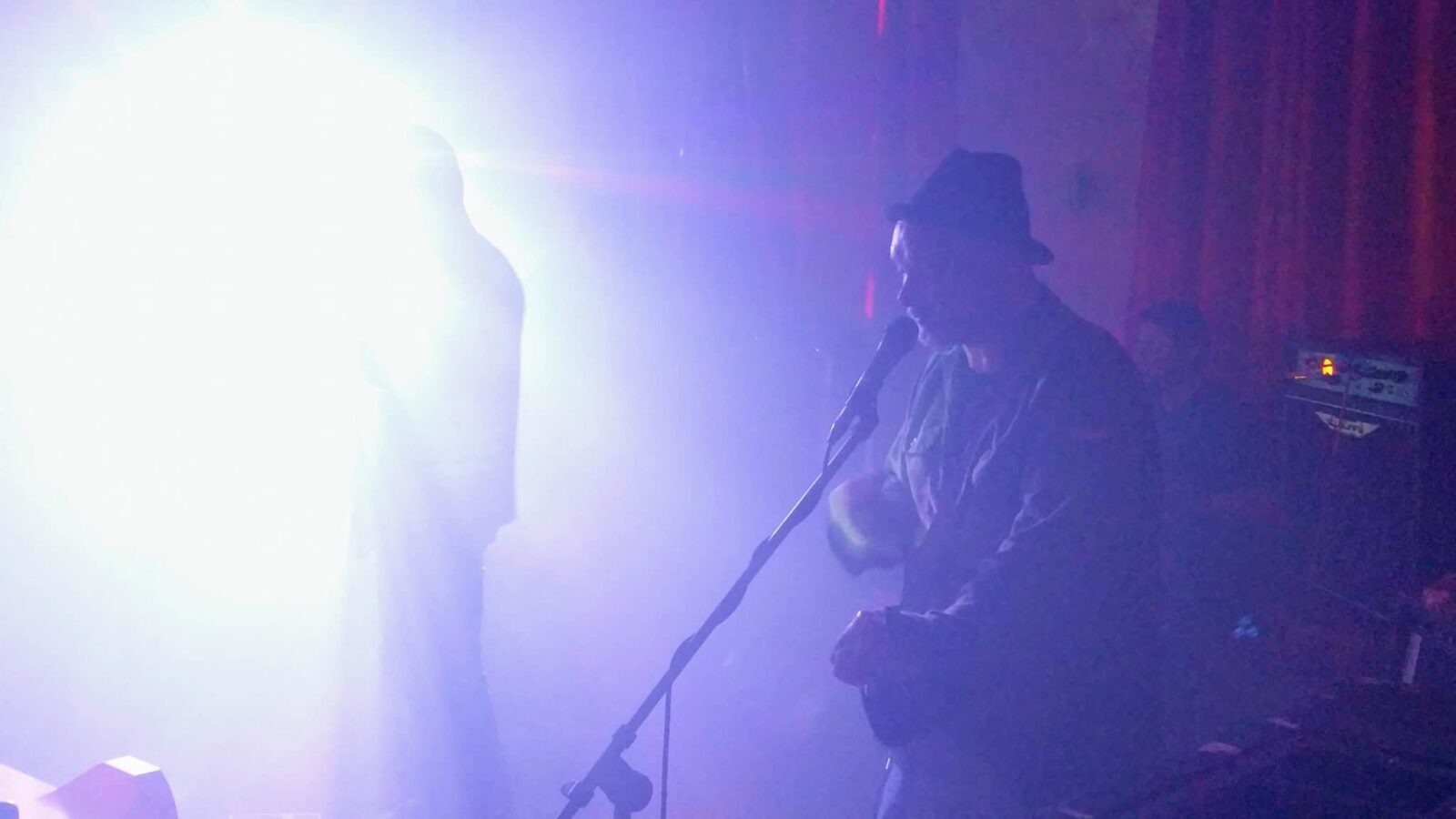
How did you first get interested in music and what led to the formation of Big Dwarf?
Daz Burke: My Mom and Dad always had music on in the house. They were teenagers of the 60s. My Dad being the classic working class mod, great record collection all Small Faces, Who, Kinks et cetera. One of my earliest memories as a child was Sunday bath nights. In England there was this strange ritual in which everyone in the whole of England seemed to only bathe on a Sunday, haha. Sunday was also when the radio was on because the national pop charts would be played. I do remember at a very early age hearing Elvis, T. Rex and particularly The Beatles’ ‘Lucy in the Sky with Diamonds’ (long after they were active by the way) being played over the radio and being totally entranced by it. It sounded like magic. My first out of body experience, ha!
Later on I heard punk being blasted by my brother and was physically stopped in my tracks. I’d never heard anything so loud, fast, exciting. It was full of energy and hit me like an electric shock. From there on I was music mad and on a journey to discover as much different music as I could. Anything that gave me that first feeling of contact high. And I found it in everything from soul, funk, electronica, folk , through to psychedelic rock and avant garde music. Everything really.
How did Big Dwarf start?
How does anything start? Through tragedy and farce, really. One thing leads to another. After the head rush of the early to mid 90s the scene went quite dark for me. Quite a bit of personal tragedy and disappointment. I fucked off. Just kinda disappeared. Spent a number of years hanging round Paris, France. Soaking up lots of different ideas, post structuralism, situationism, Derrida, Foucault et cetera, loads of cultural theories from surrealism. I was exposed to a lot of art, culture, film, books and music that I found very challenging and beautiful. When that ended (as all things must) I found myself back in my hometown meeting again people I hadn’t seen or spoken to for years. Of course I was expecting everything to be just how I remembered, frozen in time like a snapshot. But people had moved on, had kids, mortgages, marriages, divorces, careers. I found myself trying to communicate but had a whole different set of reference points. They must have thought I was mad (and I proved them right), ha! Anyways, from that disengagement the ideas behind Big Dwarf started to formulate. The role that memory and perception play in our stories of ourselves and others.
When was that?
Oh probably around 2006/2007
Were you or any other members part of any other bands?
Of course. I’ve been in many bands, always song writing probably from the age of 16. Big Dwarf has gone through many members over the years. With the only consistent members being me and the other guitar player, Tom. But yeah we’ve all been in bands, everything from country and western bands to psychedelic garage type bands. We even had a Joe Meek early beat type combo called the Monotones that were very popular!
The Big Dwarf members behind the current album are Myself, Tom Curwen, Jane Sawyer, Glyn Fogerty, Mike Collins and Graham Dyer (who sadly is no longer with us).
Your latest album, ‘Where Everything Is Beautiful’ was probably recorded during the COVID. What are your reflections?
Actually it was written and recorded before. Covid actually delayed its release. It’s quite uncanny how precedent the album is in many ways, but then the songs will probably be even more relevant in a number of years. Obviously the title of the album can be understood in different ways. There was a hell of a lot of loss surrounding the making of this album. Collectively and individually we lost a few people along the way. Not to Covid I might add. But all these things have an accumulative effect towards a sense of loss don’t they? Is this really the future that was promised, where everything is beautiful?
The album is also very well produced.
That’s down to our genius producer Graham Gripper Newby from East Beach Studios. We’ve worked very closely with him since the very beginning. It works well. We don’t have to explain what we want. We have similar reference points and share the same humour. Which is great. One of my great friends. I’ve actually known him since we were teenagers. I used to go round his parents house and his brother would sell me his records without him knowing, haha.
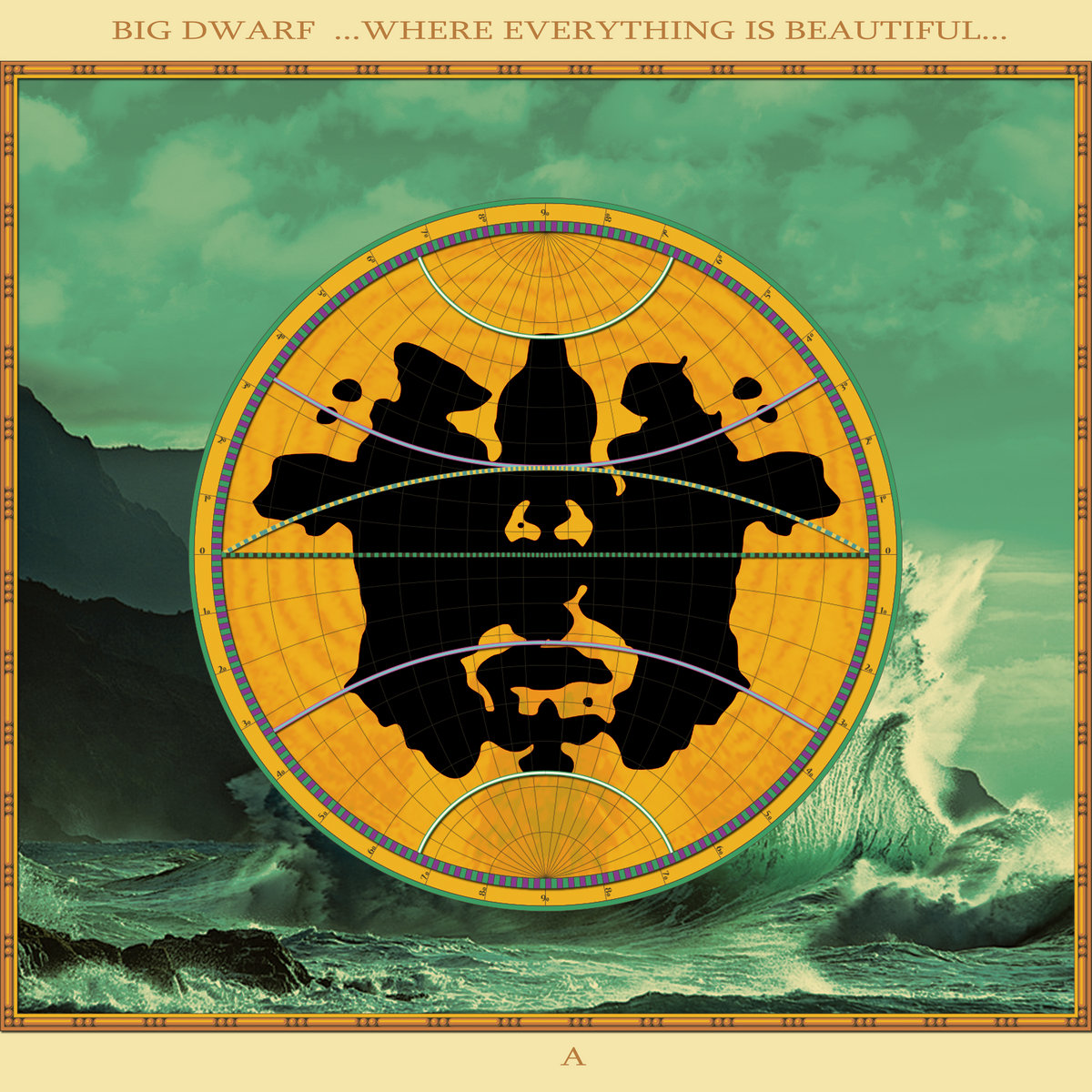
Would you say there’s a certain concept behind it?
There is, but not in the obvious way of those classic 70s prog rock albums. It’s more in the vein of a ‘Forever Changes’ or ‘No Other’, in that it’s more an impressionistic style rather than a defined singular concept. It’s about many things. It’s certainly not about ‘The Six Wives of Henry VIII’, haha .
I’m kind of reluctant to define what it is. Much rather the listener engages with it and interprets how they see fit. Hopefully, different ideas will emerge with each listen. In a kinda hazy, reaching for something that is always “just out of reach” kind of way. One reviewer described it as a kinda Finnegans Wake of an album. Like emerging from a dream and trying to remember it before it disappears.
There are many ideas running throughout the album with recurring motifs and references plus in jokes, haha. If I had to say it was about anything, it would be about the stories and myths that are told to us and that we tell ourselves. Perception, information and the distortion thereof…our life rafts. Those little things that keep us together.
“People will not take on ideas that challenge their sense of self”
I really enjoyed the ‘Jim Garrison’s Post-Assassination Blues’ track. Is there a certain story behind it?
It came about from something Garrison said (if you don’t know who he is, Google is your friend, kids). Something along the lines of that people will not take on ideas that challenge their sense of self, no matter how singular and obvious the idea is. They would rather dismiss the idea outright than face having certainty become uncertainty. To ask them to do so could start a questioning of the narrative forms of their life that he claims people in general are not ready or are unwilling to do. It’s asking too much of people and will certainly bring about rejection and in some cases outright hostility. I guess he was on about a latent cognitive dissonance that runs throughout all societies. A kind of narrative or storytelling that can’t be challenged. Anyways, regardless of the particular context he was on about (in this case the Kennedy assassination) I just thought that idea was interesting. Also, and in some way Garrison’s story can be seen as a kind of a modern day David and Goliath. The same stories, myths and archetypes seem to reappear over and over again don’t they, just in different guises and costumes? So I thought I’d write a pop song around those ideas.
How would you compare it with ‘Towards Abstraction…’?
Well they are part 1 and 2 of hopefully a trilogy of albums. So I see the new album as a continuation. Sound wise ‘Towards Abstraction’ was I guess more electronic based album in HD whereas this album utilized a full acoustic based band so has a more earthy analogue organic feel mixed in the sci-fi effects.
What’s next?
Hopefully more recording, song writing. If I get the chance I would like to record a couple of classic stand alone EPs before hitting people with another full length. Give me and everyone else time to recover, haha. But who knows what the future will bring for any of us? As the song goes, “Navigations useless, in the sea of consequences.” And so it goes…
Klemen Breznikar
Big Dwarf Facebook
AjAR Records Facebook / Bandcamp

